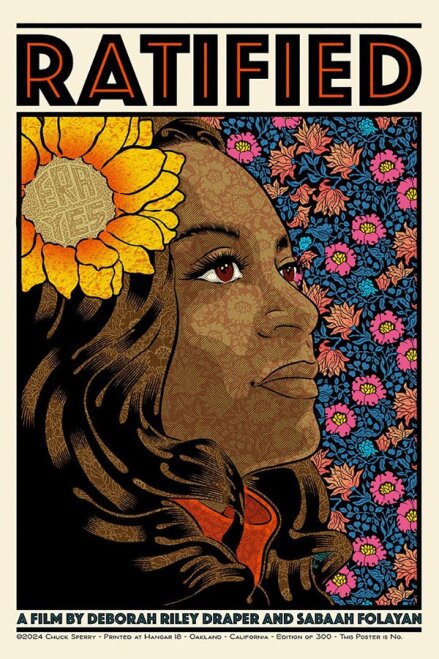Why do people risk their health and sanity to undertake the arduous training and preparation for the daunting distance of the marathon? Running is mainstream and its benefits are both widely known and accepted, so what prompts people to take it to the next level?
The marathon, a 26.2-mile-distance named for the fabled Grecian Pheidippides’s run from Marathon to Athens. As the legend goes, Pheidippides, a messenger in the Athenian army of ancient Greece, ran the entire distance from Marathon to Athens and upon his arrival in the capital, announced the victory of Athens against the Persians and promptly fell dead.
You would think that this fact alone would deter people, but it doesn’t stop the thousands of people annually who are paying to run 26.2 miles to nowhere in particular. The fabled Pheidippides at least had a mission to accomplish.
Everyone who runs a marathon has a reason. Some runners, after running shorter races, see the marathon as the merely the next obstacle they have to overcome. Some need the large goal as motivation to keep running. Some run to celebrate their successful battle with disease, others to celebrate an advanced, milestone birthday, determined to make a bold “hey, I’m not dead yet” statement.
Angie Patnode of Madison runs in large part for the destination. She told me, “Really, the best thing about doing a marathon is the destination. The distance itself is really not all that outstanding.”
The latter part of that statement I don’t buy for a second, but the former is intriguing.
Still other people run the marathon in honor of a lost loved one.
Kitty Cole of Madison is one such person. While she had been a runner for years, she typically stuck to the short races and then really only for fun.
Then she told me about her brother.
“My older brother was a marathoner back before this running boom, so there weren’t a lot of marathons, it wasn’t like it is today, we’d have to travel to find races. He was a very dedicated runner, back in the days of Jim Fix.”
Jim Fixx, so you don’t have to Google it later, started running in 1967 at 35 years old, when he weighed 240 pounds and smoked two packs a day. Ten years later, his book, “The Complete Guide to Running,” spent 11 weeks atop the best-seller list and remains today, one of the preeminent resources on the sport.
Although he tried, her brother could not persuade Cole to run a marathon.
“I told him I thought he was nuts! I wasn’t interested. Never would.” Cole said.
Tragically, while running a race, Cole’s brother collapsed and died on the course. At his funeral, she made “a promise to him and the universe” that she would train for and run a marathon, a promise that she fulfilled at 45 years old, the age her brother never made it to. That was 16 marathons ago.
“I crossed the finish line and basically got it. As far as his addiction, to the distance, and to the training, and within a month I was signed-up for my second marathon.”
On Nov. 1, 2009, with the completion of the Auckland Marathon in New Zealand, she accomplished another goal: to run marathons on all seven continents. Yes, all seven. (Don’t feel bad, it took a moment for it to hit me too.) In 2001, Cole was one of 75 women in the world who ran the biennially held Antarctica Marathon.
The Antarctica Marathon is run on the Antarctic Peninsula, on King George Island, between four permanent research stations located on the island. In 2001, however, upon arrival at the peninsula, the runners were greeted by a blizzard.
The blizzard would last for days and made it impossible to disembark the boat, let alone run a marathon on a frozen desert in gale force winds and no visibility. So they improvised. The ship headed south, the deck was measured and the 2001 Antarctica Marathon was run in 422 laps on the ship’s slippery and cramped deck.
Cole is now a motivational speaker and is well aware of the positive example she sets for people by accomplishing what she has accomplished.
“If someone out there can see that me, at age 56, can do something like this and didn’t run my first marathon until I celebrated turning 45, it’s like wow, that is doable. You know, I don’t have to be young and skinny and really fast.” Cole said.
Everyone runs for the challenge, that’s a given, it’s not an easy race. Challenge is something that humans are just wired to need.

























